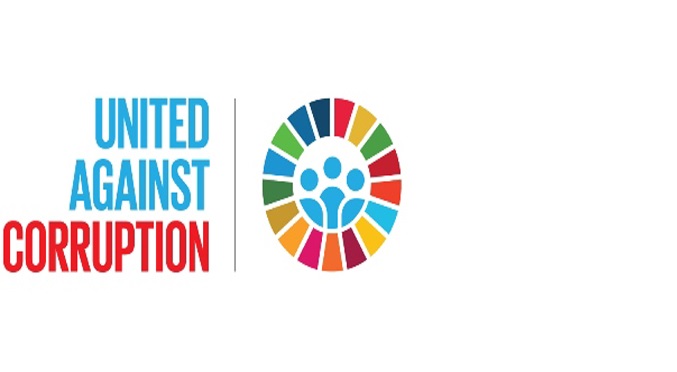
The scale and impact of corruption should not be underestimated. It hurts everyone.
Corruption is not victimless. It fuels distrust in government and undermines the standing of the WA public sector.
An organisational culture of integrity that genuinely supports and encourages people to speak up is vitally important in exposing and ultimately preventing public sector corruption.
To mark 2019 International Anti-Corruption Day, the Corruption and Crime Commission have prepared some clues on how to detect corruption in the public sector, tips on how senior leaders can disrupt corrupt behaviour in the workplace, and some materials for you to promote across your agency.
Clues to detecting potential corruption in the public sector
There are a range of everyday behaviours that allow corruption to take hold and flourish in the public sector.
Here are five common behaviours that can be clues to detecting potential workplace corruption:
- 1.Concealing or failing to declare wrongdoing
- 2. Staff who are unwilling to report corruption for fear of repercussions
- 3. A lack of supervision or oversight
- 4. Removing the 'rotten apples', not addressing the workplace culture
- 5. Cutting corners to get the job done at all costs.
How to disrupt corruption in your workplace - tips for public sector leaders
When it comes to corruption, more is at play than just individual behaviour. When viewed holistically, corruption is seen as not just about individual failure but as a reflection on a government agency's overall integrity.
Addressing the organisational setting in which corruption occurs is the key to succeeding in the fight against it.
The below two strategies should be practiced, and considered as part of a manager's performance plan:
1. Public sector leaders need to build organisational cultures that embrace the opportunity to learn and improve
The detection of wrongdoing must be viewed as an opportunity to continuously build corruption resistance.
Public sector leaders must rigorously examine the risks and contributing factors leading to wrongdoing. By asking the right questions, and seeking robust answers, public sector leaders can create enduring cultural change.
2. Public sector leaders must do more to raise awareness of the protections for those who speak up.
Corruption detection relies on people reporting wrongdoing. The Corruption and Crime Commission call on all public sector leaders to prioritise promoting how and where staff can access the protections available to them when reporting corruption.
Information on protections can be found in the Public Interest Disclosure Act 2003, and the Corruption, Crime and Misconduct Act 2003.
However, the mere knowledge of the protections available is not enough. To come forward, disclosers must feel safe and sincerely believe they will be supported.
Public sector leaders should create environments where staff genuinely feel safe to speak up and take appropriate action against the perpetrators of reprisal against disclosers.
Internal communications kit for public sector agencies
The following material has been developed to assist WA public officers and members of the community to identify and report corrupt behaviour. You are welcome to download, promote, and share any of the material on this page within your organisation and personal networks.
- Suggested intranet or internal communications content (253 words).docx
- 2019 International Anti-Corruption day logo.jpg
- Corruption clue 1 - Concealing or failing to declare wrongdoing - CCC poster.pdf
- Corruption clue 2 - Staff who are unwilling to report corruption for fear of repercussions CCC poster.pdf
- Corruption clue 3 - A lack of manager supervision or oversight - CCC poster.pdf
- Corruption clue 4 - Removing the 'rotten apples', not addressing the workplace culture - CCC poster.pdf
- Corruption clue 5 - Cutting corners to get the job done at all costs - CCC poster.pdf
